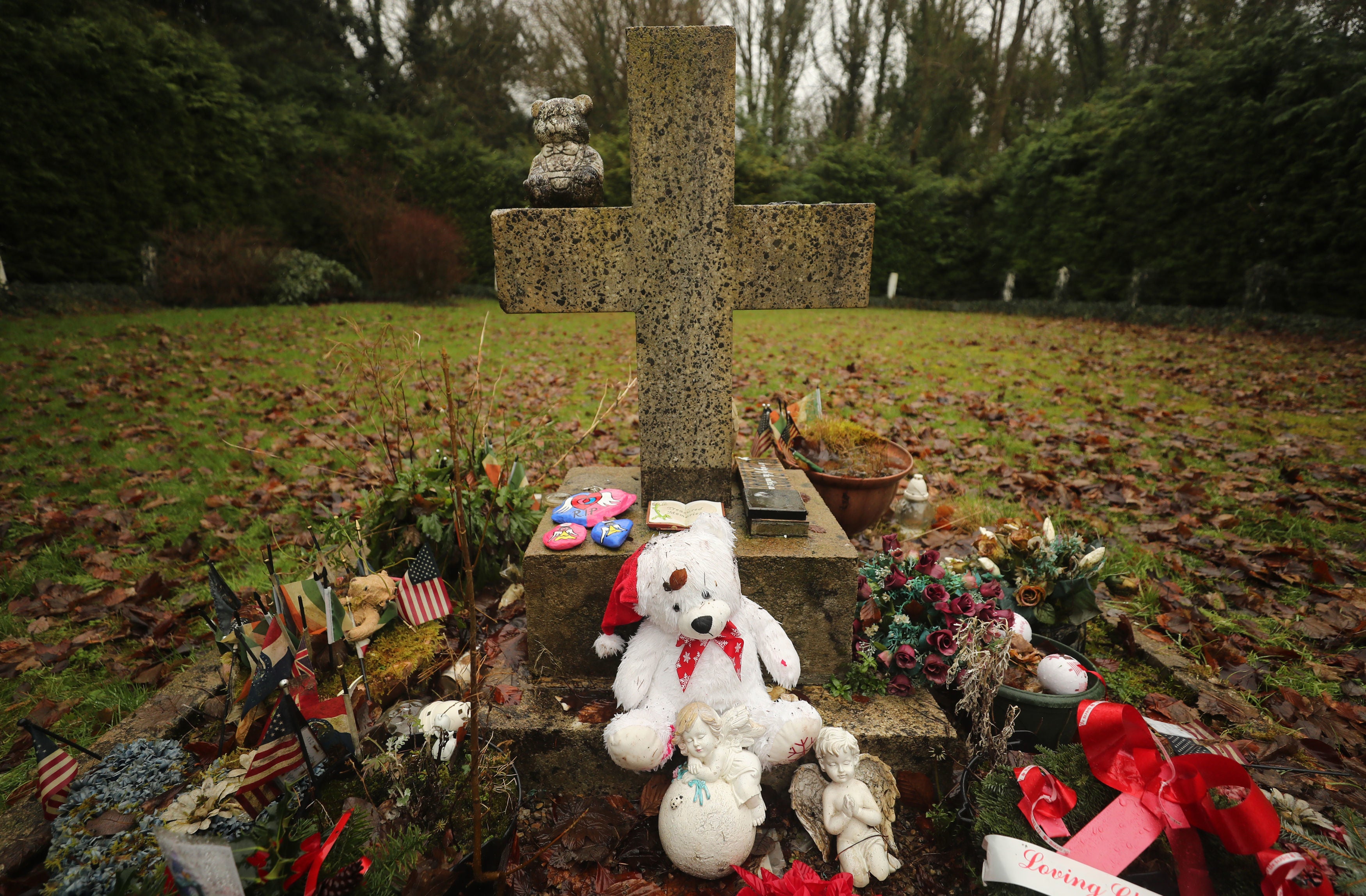Survivors describe ‘horrific’ abuse at Ireland’s mother and baby homes after damning new report
'It’s still very emotional. My mother died without knowing what two of her children had done in their lives or even if they lived’

In his own words, Michael Hawkes had a “tumultuous and horrific” start in life. It all began when he was taken from his birth mother in Ireland in the late 1950s because she was unmarried.
Like thousands of others, he suffered at the hands of a system which tore families apart because church and state considered the birth of "illegitimate” children to be a sin.
Church-run mother and baby homes, where women and girls pregnant outside of marriage were taken to give birth, were the epicentre of this grim story.
To investigate the trauma caused by these institutions, the Irish government set up the Mother and Baby Homes Commission of Investigation (MBHCOI) five years ago. And on Tuesday, it released its long-awaited report.
Among the evidence it amassed, the MBHCOI found that 9,000 children died in just 18 of these homes between 1922 and 1998.
In light of the findings, the Irish government has pledged to support those affected through measures including counselling and access to public records which have been denied to them. It will also issue a state apology for what went on.
Responding to its publication, Mr Hawkes tells The Independent that it was “a very good start for what has been a 60-year travesty” for him and his family.
His mother gave birth to him and his twin sister in London in 1958, avoiding calls to return to a mother and baby institution in Ireland. But when she went home, the authorities quickly separated her from her children.
Later, they were adopted by the family of Monsignor Hawkes, a Catholic priest living in California, who Michael alleges sexually abused him during his childhood.
“They [the Irish authorities] were packing children off without vetting them [adopted parents and their families],” says Mr Hawkes.
When he and his wife Susan tried to find his biological mother in 1995, members of the Catholic Church in Ireland deliberately gave them a “false trail of information”, only to send them a letter in 1998 saying that Mr Hawkes’ mother had died.
Speaking of the pain it has caused, Mr Hawkes says: “It’s still very emotional. My mother died without knowing what two of her children had done in their lives or even if they lived.”
“No mother should have to go through that,” he adds.
Anne Harris was one of the mothers taken to a mother and baby home in Ireland, after becoming pregnant at university.
“There was no choice offered. You either got married - and that wasn’t an option for me - or you got put in a mother and baby home,” she tells The Independent.
She spoke to the commission five years ago, an experience she describes as “cathartic” after so many years of only talking to her family about what had happened.
Ms Harris later decided to join a forum run by the Adoption Rights Alliance to speak with others who had been similarly affected. Hearing their stories, she considers herself luckier than some.
“I’ve listened to so many stories. I’m appalled and I think I got away very lightly - even though I lost 25 years of my son’s life,” she explains.
She finds it difficult to comprehend why Ireland still does not have a law giving adopted adults a right to obtain copies of their records, pointing out that the UK has had such legislation in place since 1975.
Ms Harris has now written and self-published a book about her story, which she wrote for her son and her grandchildren - and gave to him on the 25th anniversary of their reunion.
Speaking on the day the MBHCOI report was released, the children’s minister Roderic O'Gorman said its findings painted “a portrait of a stifling and oppressive, and a deeply misogynistic culture in Ireland, prior to the 1970s”.
Claiming the report’s publication marked "a landmark moment for the Irish state”, Mr O’Gorman added that it was “testament to the bravery of survivors and their advocates”.
As a result of the findings, the taoiseach Micheál Martin said he will issue a state apology to survivors in the Dail on Wednesday.
Describing the mother and baby homes scandal as "a dark, difficult and shameful chapter of very recent Irish history", Mr Martin called on the church to apologise for its role.
The Irish prime minister also singled out the critical role played by Catherine Corless, whose discovery of a mass children’s grave at the Tuam mother and baby home in Galway led to the inquiry.
Breeda Murphy is the public relations officer at the Tuem Baby and Mother Home Alliance, which represents 41 people linked to the home.
She tells The Independent that she has a simple message for the survivors: “They did nothing wrong. The report states that categorically. They are not to blame.”
“The state really played god over people’s lives. And it did so because it gave the authority to the church to influence policies,” she adds.
Of all mothers forced into mother and baby homes, Philomena Lee, whose story has been turned into a film bearing her first name, is perhaps the most well known.
In a statement given ahead of the report’s release, she said: “I have waited decades for this moment – the moment when Ireland reveals how tens of thousands of unmarried mothers, such as I, and the tens of thousands of our beloved children, such as my dear son Anthony, were torn asunder, simply because we were unwed at the moment our children were born.”
Join our commenting forum
Join thought-provoking conversations, follow other Independent readers and see their replies
Comments
Bookmark popover
Removed from bookmarks